Swiss-based Baloch leader to file for asylum in India
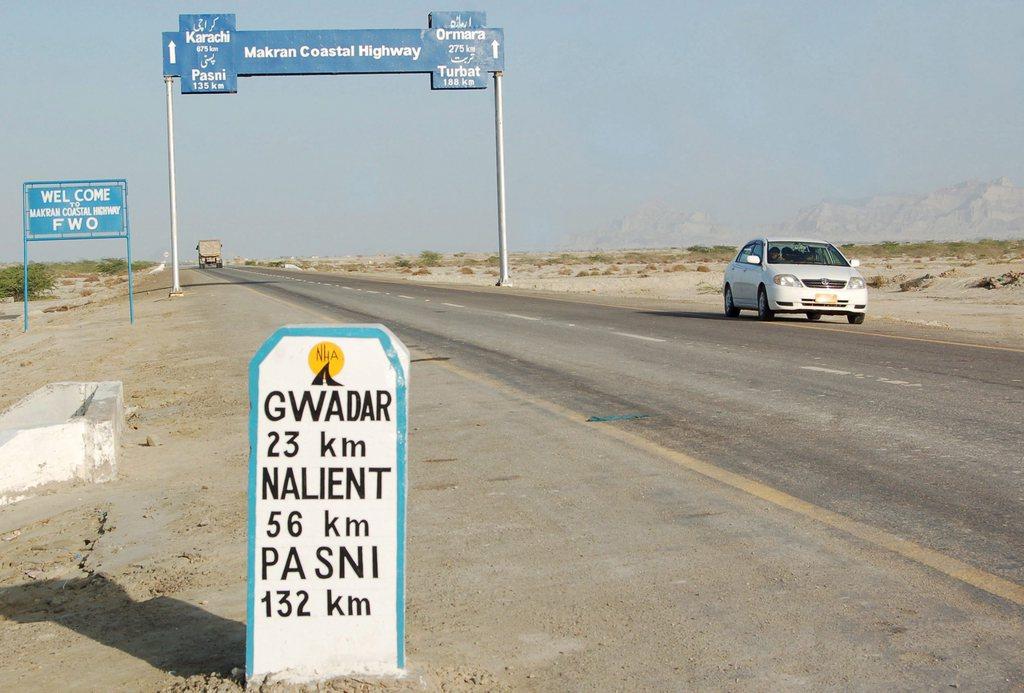
Brahumdagh Bugti, the 33-year-old leader of Baloch Republican Party (BRP) who is currently in exile in Geneva, will be applying for asylum in India. The BRP is banned in Pakistan as it campaigns for the independence of the Balochistan province.
“He will be applying for asylum at the Indian embassy in the evening or tomorrow,” Sher Mohammad Bugti, spokesperson for the party told swissinfo.ch on Tuesday.
The decision was finalised at the BRP Central Committee meeting on Monday and was prompted by a reluctance on the part of Swiss authorities to grant him political asylum. A press releaseExternal link by the party stated that Bugti’s “previous asylum request to Switzerland has been pending for six years and that he had not acquired any travel documents, ever since”.
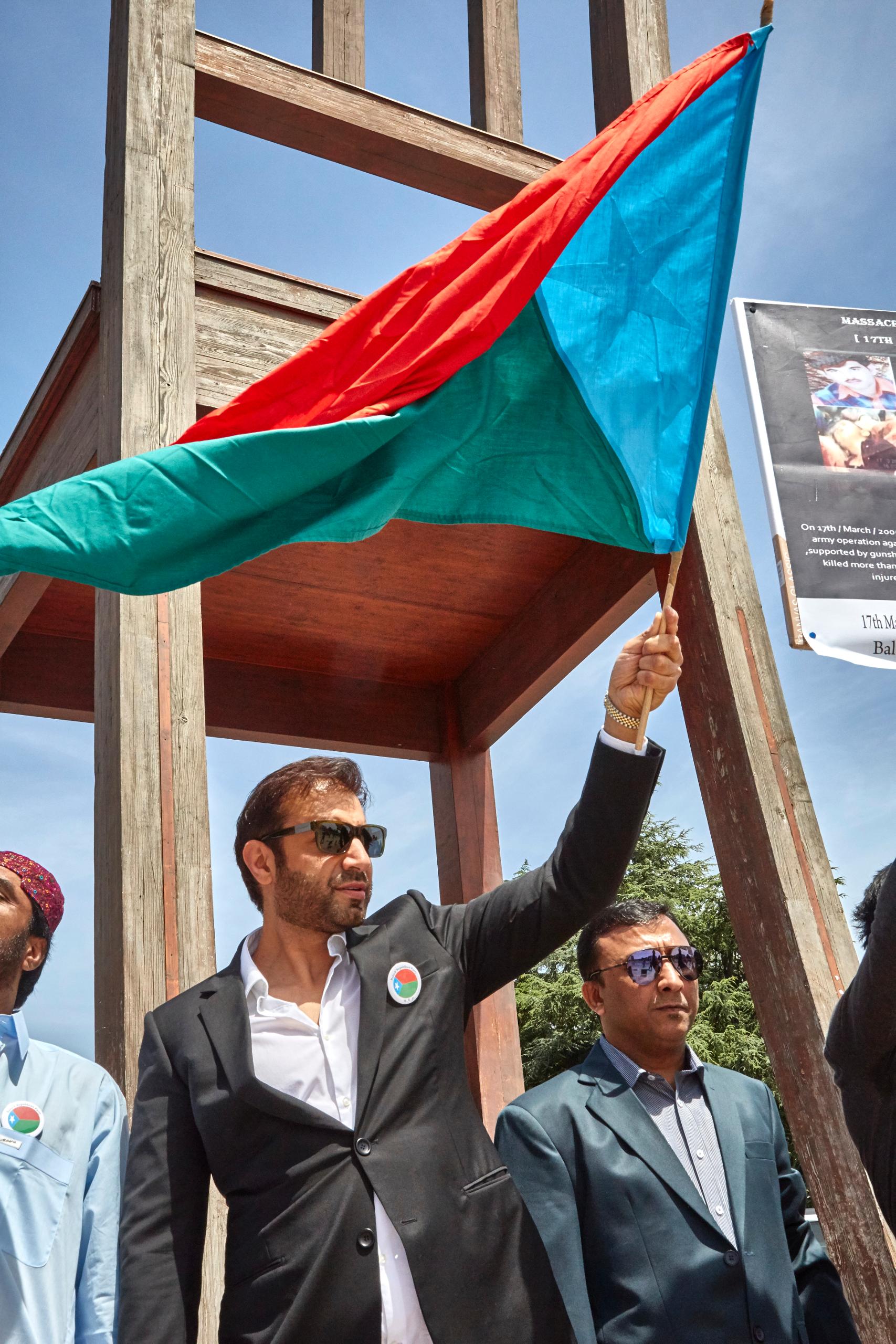
When contacted for information on Bugti’s asylum application a spokesperson for the State Secretariat for Migration SEM told swissinfo.ch in 2015 that they couldn’t comment on the personal data of immigrants “for protection purposes”.
The Baloch Republican Party is a political organisation that is currently banned in Pakistan, as it campaigns for complete independence for the country’s Balochistan province in the west of the country. The Pakistani government has named Bugti “one of the most wanted, known Baloch separatists” according to the US embassy cables published by WikiLeaks.
He arrived in Switzerland in 2010, fleeing Pakistan via Afghanistan and Dubai. His request for political asylum in Switzerland has not been granted. As a result, he cannot leave Switzerland to campaign for Baloch independence abroad.
Baloch resources
Rebel groups in Balochistan – bordering Iran and Afghanistan – have been waging a separatist insurgency in Pakistan’s largest and western-most province since the 1960s, which the army has vowed to crush. They have been demanding greater autonomy, a bigger share of the natural resource revenue from the province, as well as complete independence from Pakistan in some cases.
The province has recently been thrust into the geopolitical spotlight. It attracted global attention when the Chinese announced plans to invest $46 billion (CHF44.9 billion) by 2030 in an economic corridor between Balochistan’s Gwadar port and China’s Xinjiang region. This will involve creating a network of highways, railways and pipelines to transport oil and gas. Balochis are against the energy corridor, which they see as another attempt to enrich the government and divert wealth away from the province.
Pakistan believes that India is covertly supporting the Baloch separatist movement including the BRP. It is a charge that Bugti has denied.
Indian Prime Minister Narendra Modi’s mention of Balochistan during the annual Independence Day speech on August 15, has drummed up interest in the region in the subcontinent. Bugti also hopes that India will recognise all Baloch people as refugees and welcome them into the country, especially those living in exile in Afghanistan.
Apart from Bugti’s Indian asylum application, BRP’s Central Committee also decided to pursue Pakistani generals and China for war crimes against the Balochi people in international and European courts.

In compliance with the JTI standards
More: SWI swissinfo.ch certified by the Journalism Trust Initiative
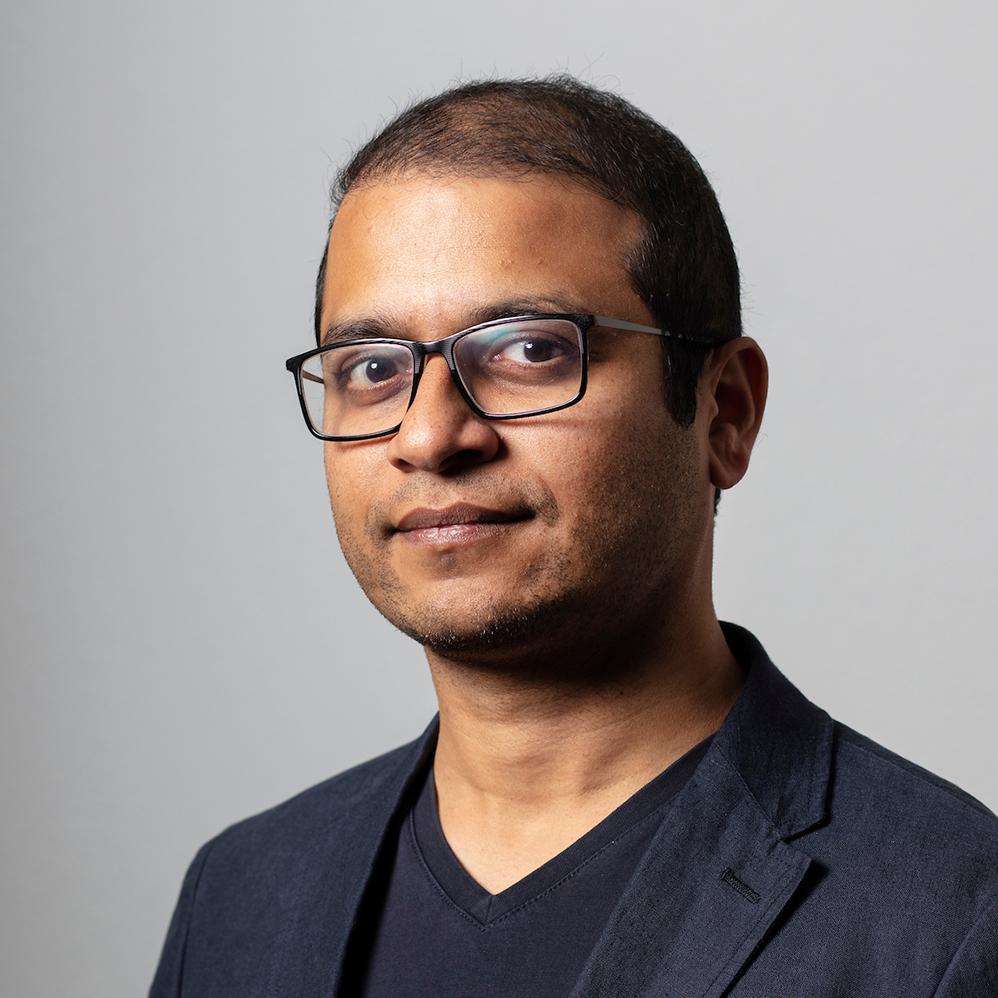
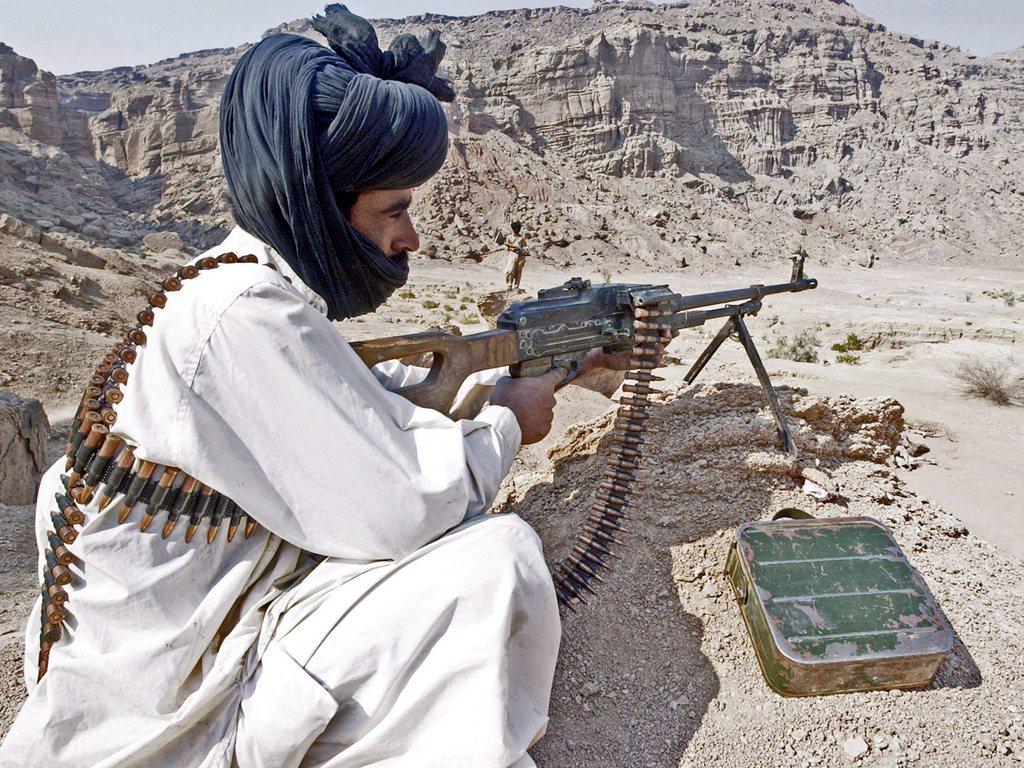
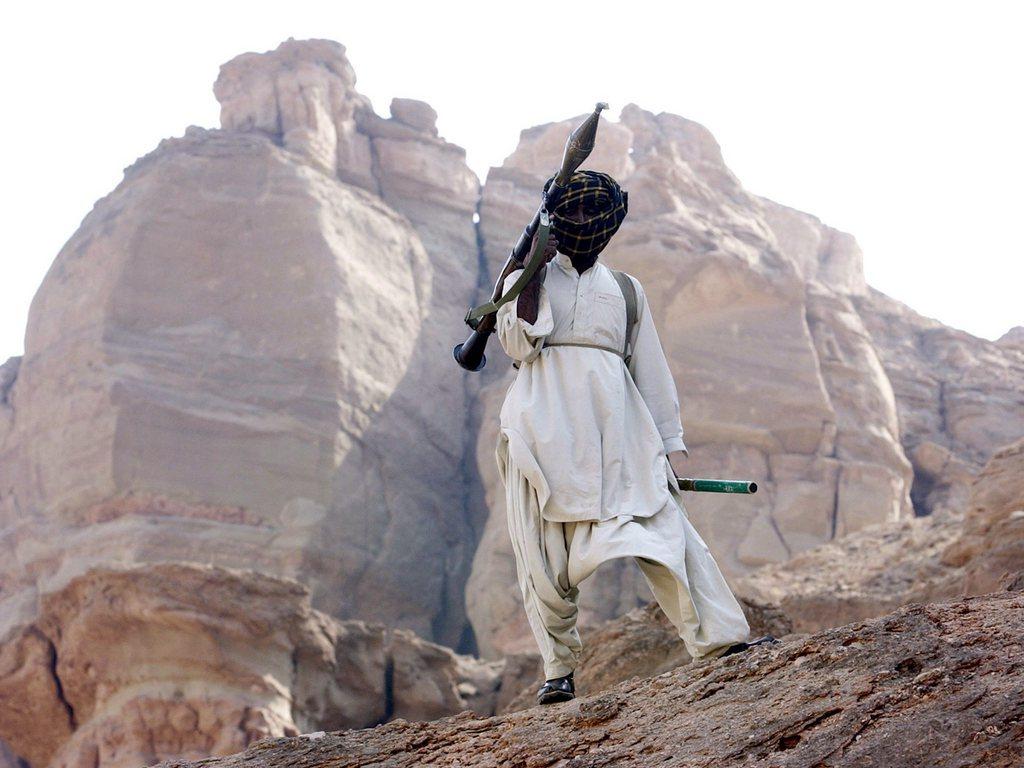
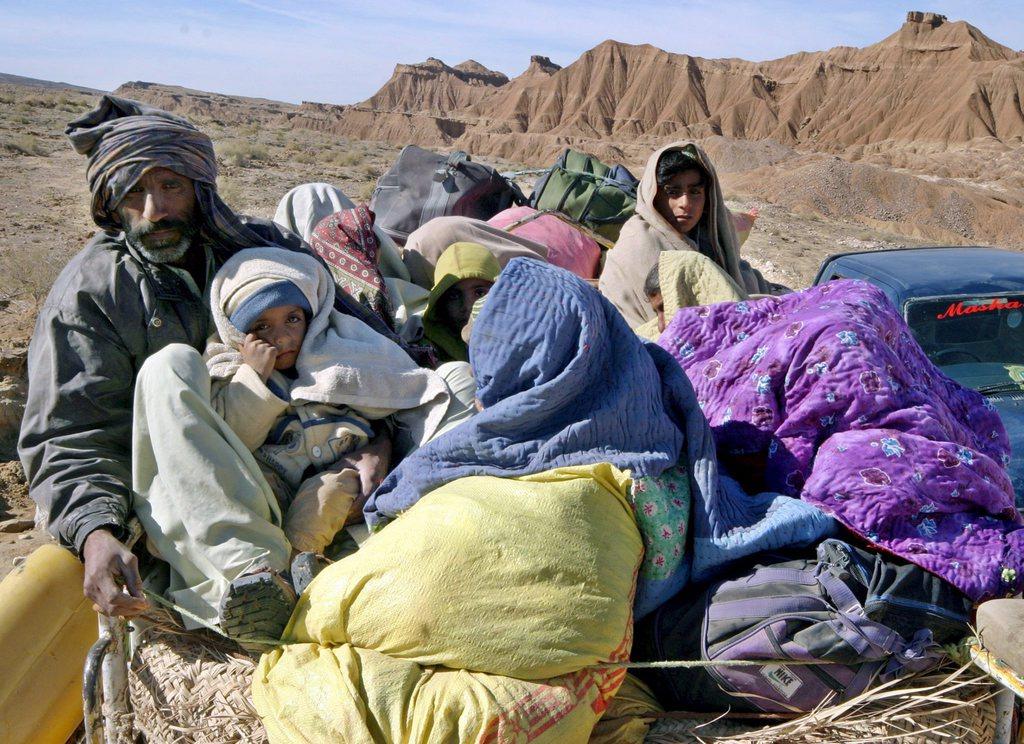
You can find an overview of ongoing debates with our journalists here. Please join us!
If you want to start a conversation about a topic raised in this article or want to report factual errors, email us at english@swissinfo.ch.